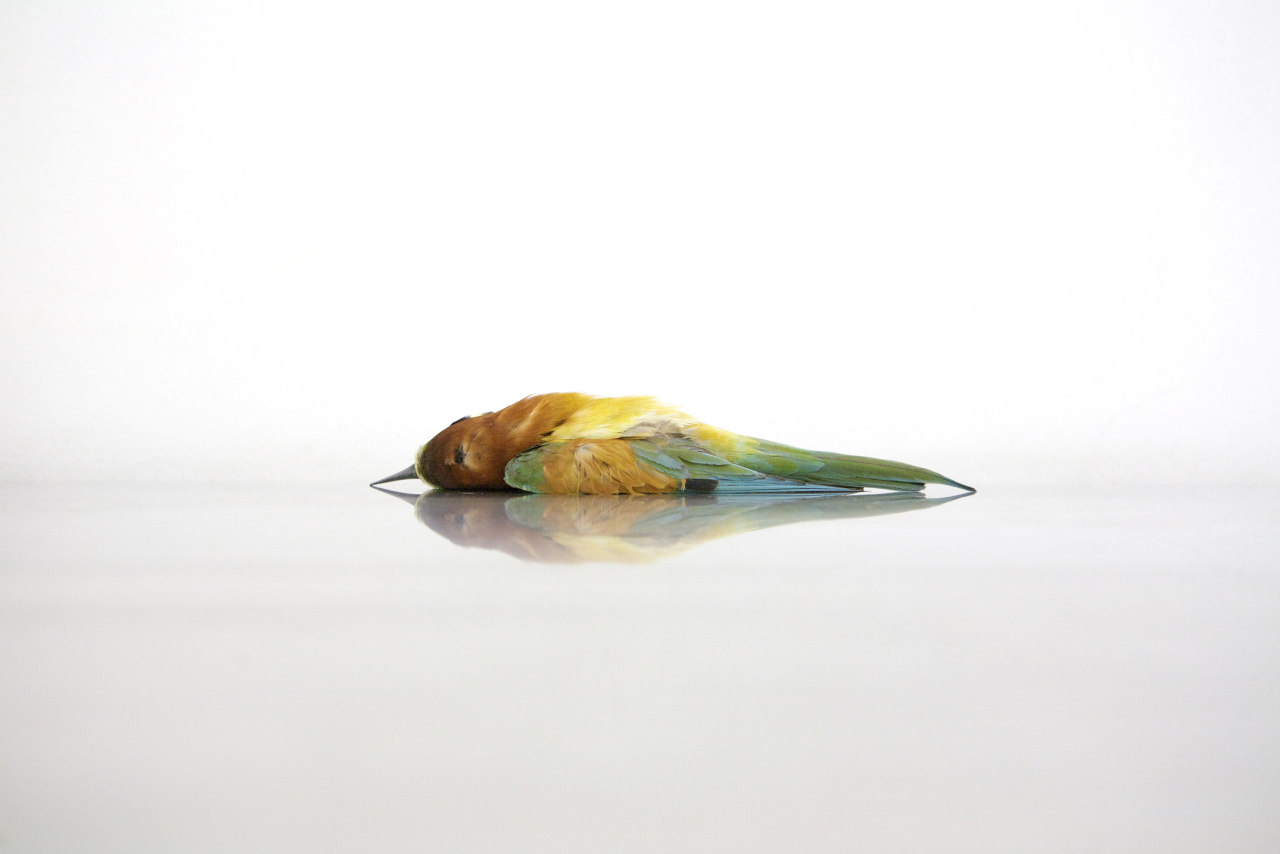“Some members have been shot at and injured, others got their car burned, experienced verbal abuses and physical abuses also. That’s the bad side of being a birdwatcher.”- An anonymous birdwatcher from Malta.
On Malta, it’s safer to remain anonymous than come out as a birdwatcher, a 19-year old supporter of the charity Birdlife Malta confesses. ‘Even with friends I don’t tell them what I do. Birdwatching is my only hobby and my passion, sometimes even an obsession.’
Every spring, thousands of migrating birds that navigate from Africa to Europe risk a barrage of shotguns over Malta. The island is a service station on a ‘flyway’ (or avian motorway) used by hundreds of species for navigation and feeding on the final legs of the arduous journey across the Sahara to their summer breeding grounds in northern Europe.Under EU legislation spring hunting of birds is illegal but the government of Malta, which joined the EU in 2004, allows limited hunting of turtle dove and quail, two species in decline across the continent. The European Court of Justice found Malta guilty for allowing spring hunting from 2004-2007. A two-year cessation ended when guns opened fire again in 2010 and have continued since.
‘Big birds of prey are born with a route map and if you shoot that population they won’t come back here.’ says Neil Glenn, a professional birdwatcher from the UK on Spring Watch Malta. ‘Malta is a crucial island stopping off point going to northern Europe.’ Spring Watch Malta is a conservation camp run by BirdLife Malta, a non-profit which lobbies against bird hunting in the country.
The rocky outcrops of Malta have acted as a stepping stone for birds crossing from the Sahara into Italy for millennia. The increased wealth on the island in recent decades has led to a proliferation of shot-guns and which has turned this once welcome oasis into a death trap. Practically no species breed on the island.
Malta has the highest population of hunters in the European Union with a density of around 47 hunters and trappers per square km compared with only 2.5 per square km in nearby Italy. In 2012, 50 volunteers from across Europe converged to track migrating birds and monitor any illegal spring hunting by the 11,000 registered hunters. Spring Watch and Raptor camp in autumn are run by BirdLife Malta, an organisation with 3000 local members, aimed at tracking hunters and recording any infringements of the law. Last year, over 1000 illegal hunting and trapping incidents were recorded.
‘I heard about the killing of 13 night herons.’ says Bob Hook, a countryside ranger from the UK, explaining why he came to Malta. ‘They are family animals, and if one is left behind the rest come back. One by one, they were all killed as they came back for their mates. I have been here nine times. In simplistic terms it’s gone from diabolical to bad. At first, everything was shot but when we are around that has subsided.’ Judy Stolz from France noticed the birds declining where she lives. ‘Rather than just give money, I wanted to act. I worry about the birds when I am in bed.’Hunters regularly shoot raptors, herons and bee eaters which are then stuffed for private collection. Sometimes groups walk into night time roosts by torchlight and shoot the birds as they sleep. When conditions are right for flying, hundreds of marsh harriers, eagles and other birds can move from Africa. Overall, 170 species occur on Malta regularly.
Birdlife’s presence on the island is resented by hunters who are a powerful lobby on the small island. Public opinion is moving in favour of ending spring hunting, which turns the beautiful coastal and farming regions into a no-man’s lands in spring. In January 2013, the local hunting federation FKNK called on their government to stop tourists roaming the countryside during the hunting season.
‘Members of the public were coming up to us saying they love what we were doing.’ says Neil Glenn. ‘To me the camp is like a virus – it gets in your genes.’ says Marianne Leenders, from the Netherlands, ‘I tell my grandkids about it – ”Grandma is on migration again.”
Kieran Dodds 2012
“


